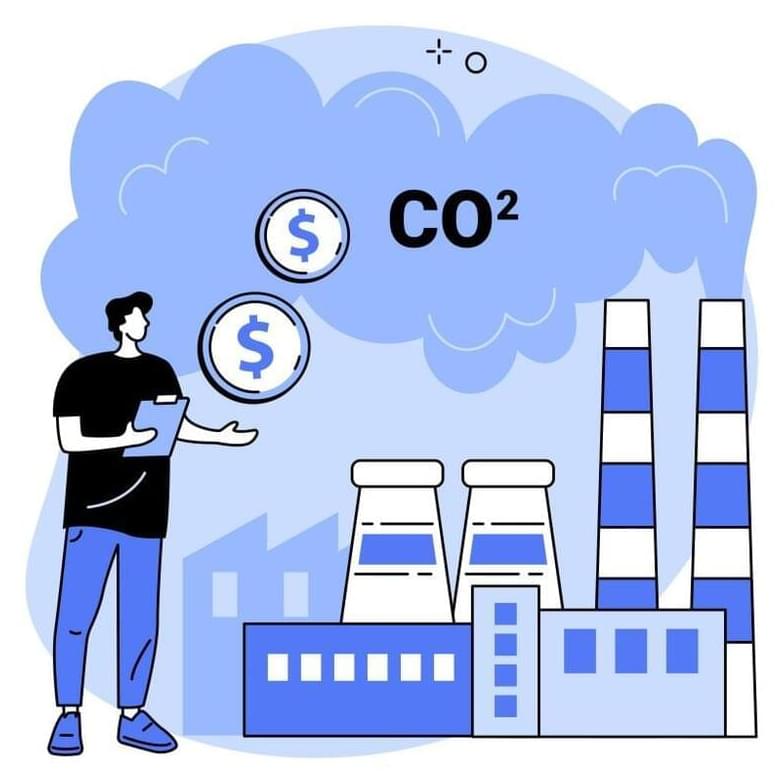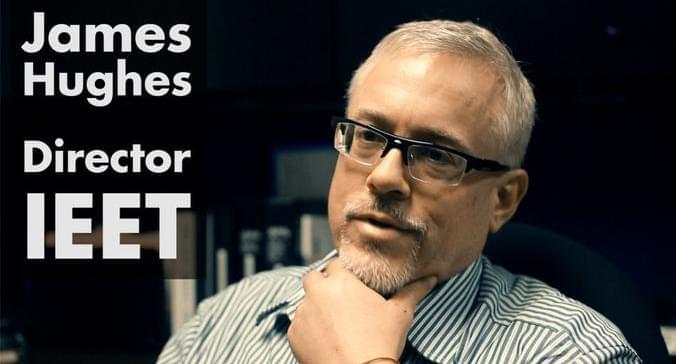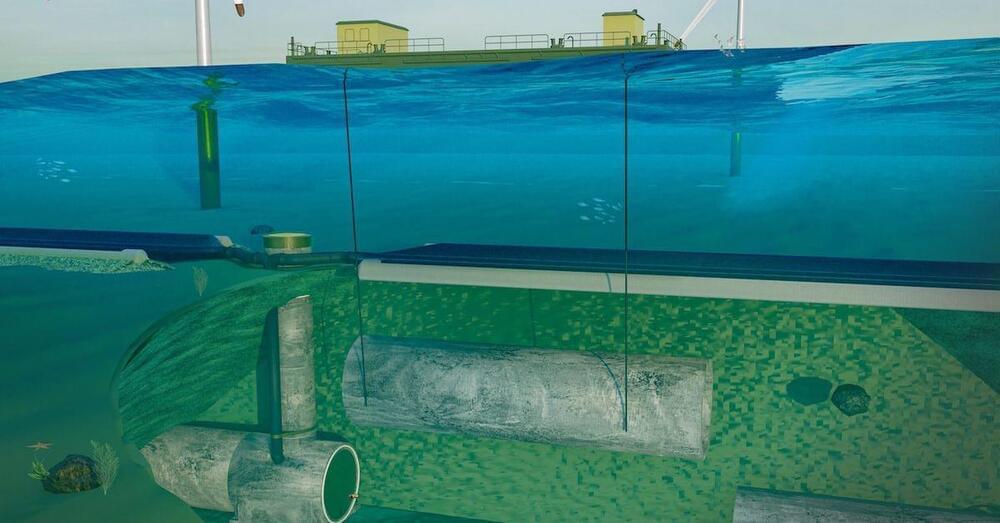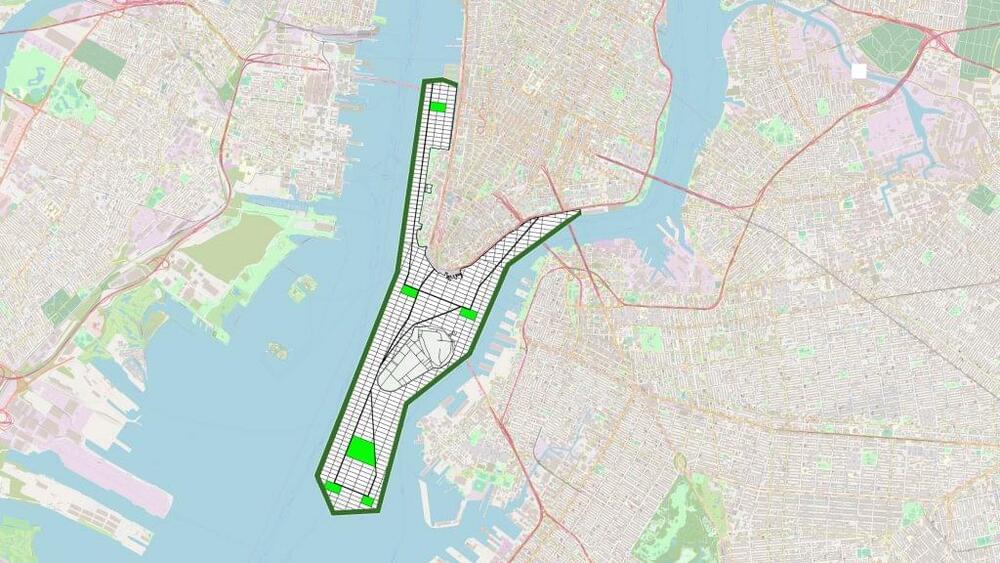As I have contemplated climate change over the past months, it seems as though linking currency to carbon could open the door to a more sustainable economy.



Topic: James Hughes — The Future of Work (Future Day Talk) Time: Mar 1, 2022 08:00 AM Canberra, Melbourne, Sydney Join Zoom Meeting https://us02web.zoom.us/j/81306102463?pwd=eDBldno3cUdZZGcxVHoxNEJ1RkgrUT09 Meeting ID: 813 0610 2,463 Passcode: Q6VzpF
As part of the annual Future Day celebration, James Hughes will join us that may concern you — ‘The Future of Work’. Zoom details coming soon!
Abstract: The pandemic has launched a debate about the future of work around the world. Those who can work remotely have often found they prefer remote or flexible, hybrid options. The Great Resignation has put upward pressure on wages and benefits in the service sector, encouraging the implementation of automation. Climate change mitigation is encouraging a shift towards “green jobs.” Rapid changes in the labor market have made the payoffs of higher education uncertain for young people, while many societies are entering an old-age dependency crisis with too few workers paying taxes for growing numbers of pensioners. Before the pandemic proposals for universal basic income (UBI) were seen as necessary adaptations to imminent technological unemployment, and the during the pandemic many countries provided temporary UBI to keep people safe. We are now poised for a global discussion about whether we need to work at all, and what kinds of jobs are desirable.

Fred Closter doesn’t like Florida Power & Light.
When the Boynton Beach retiree spent $24,000 to install solar panels on the roof of his Boynton Beach home a year ago, he decided not to rely on the utility to power his home when the panels weren’t generating electricity at night and when it rains.
So he dropped another $16,000 on two large lithium ion batteries made by Tesla that can power the home for up to a day and a half if his panels aren’t producing. If a hurricane or other severe storm with the potential to create power outages approaches, the Closters’ solar provider, SunPower, will remotely direct the system to charge their batteries so their power won’t be interrupted.

Airships might seem like a technology from a bygone era, but a startup says their new design could become a crucial cog in the green hydrogen supply chain.
While transitioning away from fossil fuels will prove crucial in our efforts to combat climate change, it’s easier said than done for some industries. While road and rail transport are rapidly electrifying, in aviation, batteries are a long way from being able to provide the weight-to-power ratio required for aviation. And even the largest batteries are still not big enough to power a container ship on long-distance crossings.
Hydrogen is increasingly being seen as a promising alternative for these hard to decarbonize sectors. It has a higher energy density than natural gas and can either be burned in internal combustion engines or combined with oxygen in a fuel cell to create electricity.

“Ocean Battery resolves a societal challenge to provide access to renewable power generation without destabilizing the power grid and meet our climate goals. The Dutch Water engineers resolved this problem in a brilliant yet simple way with a tremendous amount of creativity, innovation power and Dutch entrepreneurship,” the press release continues.
Keep reading for more on this exciting new piece of technology, that could be revolutionary for the transition to cleaner means of energy.

Rutgers professor Jason Barr has proposed adding 1,760-acres of reclaimed land, named New Mannahatta, to the tip of Manhattan to provide housing and combat climate change.
Called New Mannahatta in reference to the indigenous name for the island in New York, the plan would extend Manhattan Island into New York Harbor beyond the Statue of Liberty.
Barr, a professor of economics at Rutgers University, outlined his plan in an opinion piece directed at the city’s mayor Eric Adams, which was recently published in the New York Times.
Tesla asks for help… SpaceX stacks… Elon Musk pays in Doge. It’s the free edition of Musk Reads #286.
And for our premium members — last week, you learned about Moon Bikes. This week, you will hear from author Jimmy Soni about what Musk’s earliest success reveals about his management style.
“They will be fine” — Elon Musk tweeted in response to a user wondering “How can I feel good about bringing kids into the world given climate change?” The real answer is much more complicated; the next few decades are fraught, and some children are already experiencing the worst of what climate change has to offer. Read more on Inverse.

The discovery may be the strongest evidence yet that people reached the Americas thousands of years earlier than many archaeologists thought.
Between 23,000 and 21,000 years ago, people squished through the mud along a lakeshore in what is now New Mexico, alone and in small groups, leaving behind their footprints. Or at least that’s the conclusion of a new paper that Oregon State University, Corvallis, archaeologist Loren Davis calls “potentially groundbreaking.” If the dates are right, the discovery would be the strongest evidence yet that people reached the Americas during the middle of the last ice age, thousands of years earlier than many archaeologists thought.
“If that’s true … it’s going to be a revolution in the way that we think about archaeology in the Americas,” says Davis, who wasn’t involved with the work. It might reignite debates about how people first reached the continent from Asia. But Davis and others would like corroboration of the surprising dates before they rewrite their understanding of when and how people arrived.
During the maximum extent of the last ice age, from about 26,500 to 19,000 years ago, land connected Russia and Alaska, allowing people to settle the now mostly submerged region archaeologists call Beringia. But glaciers covered much of Canada, blocking the way south into what’s now the continental United States and beyond. Archaeologists once thought the first people arrived in the Americas by walking through a corridor that opened between the glaciers by about 13,500 years ago. In recent decades, however, data from multiple sites have suggested people were in the Americas at least 16,000 years ago, leading many researchers to suspect that the first arrivals skirted the ice by traveling down the Pacific coast by boat.
In a way, it could mean climate change is linked to an “immature technosphere”.
It’s called an epiphenomenon.
The idea is that the ordinary function of one thing can generate a secondary effect that seems unrelated and beyond its scope of influence. And when it comes to the interconnected systems of the Earth, we see it all the time.
Plants, for example, found their way via evolution to photosynthesis, which greatly improved their survival. But it also led to them releasing oxygen into the atmosphere, and that changed everything: One form of life seeded a planet-wide transformation, just by pursuing its own nature.
But, if the totality of life (called a biosphere) can radically reshape the Earth, some scientists speculate that cognition — and cognition-related actions — might exhibit the same effect.
This is the “thought experiment” of a group of scientists who blended empirical knowledge of the Earth with more generic ideas about how life changes worlds. And, in the * International Journal of Astrobiology*, they explored the possibility of a “planetary intelligence\.